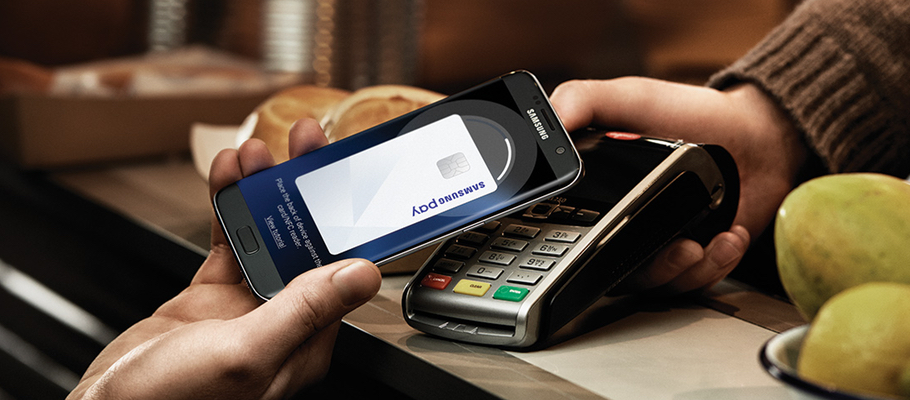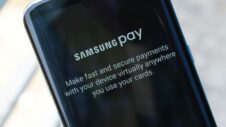Samsung Pay made a net loss of 2.6 billion KRW ($16.8 million) during 2015, which was its first year under Samsung. However, the South Korean smartphone giant is treating this as an investment that will provide competitive advantage over its rivals in the smartphone segment.
According to Samsung's audit report for 2015, Samsung Pay recorded sales of $4.12 million and a net loss of $16.8 million. Its debt and net worth were $23.6 million and $10.5 million, respectively. Samsung bought LoopPay (now Samsung Pay) for $229 million in February 2015, but it is close to ‘failing grade' when seen solely from its business performance.
Samsung says that Samsung Pay should be observed differently from other normal businesses since it provides its smartphones like the Galaxy S7 and the Galaxy S7 edge competitive advantage and differentiation over rivals' offerings. Currently, the company's mobile payments solution isn't charging any fee to merchants for using its service.
Experts believe that Samsung wants to learn spending habits of its consumers through Samsung Pay, which is also the case with mobile payment solutions from Apple, Google, LG, and others. Samsung can apply Big Data to see consumer tendency on spending and purchasing, and apply it to its future marketing.







